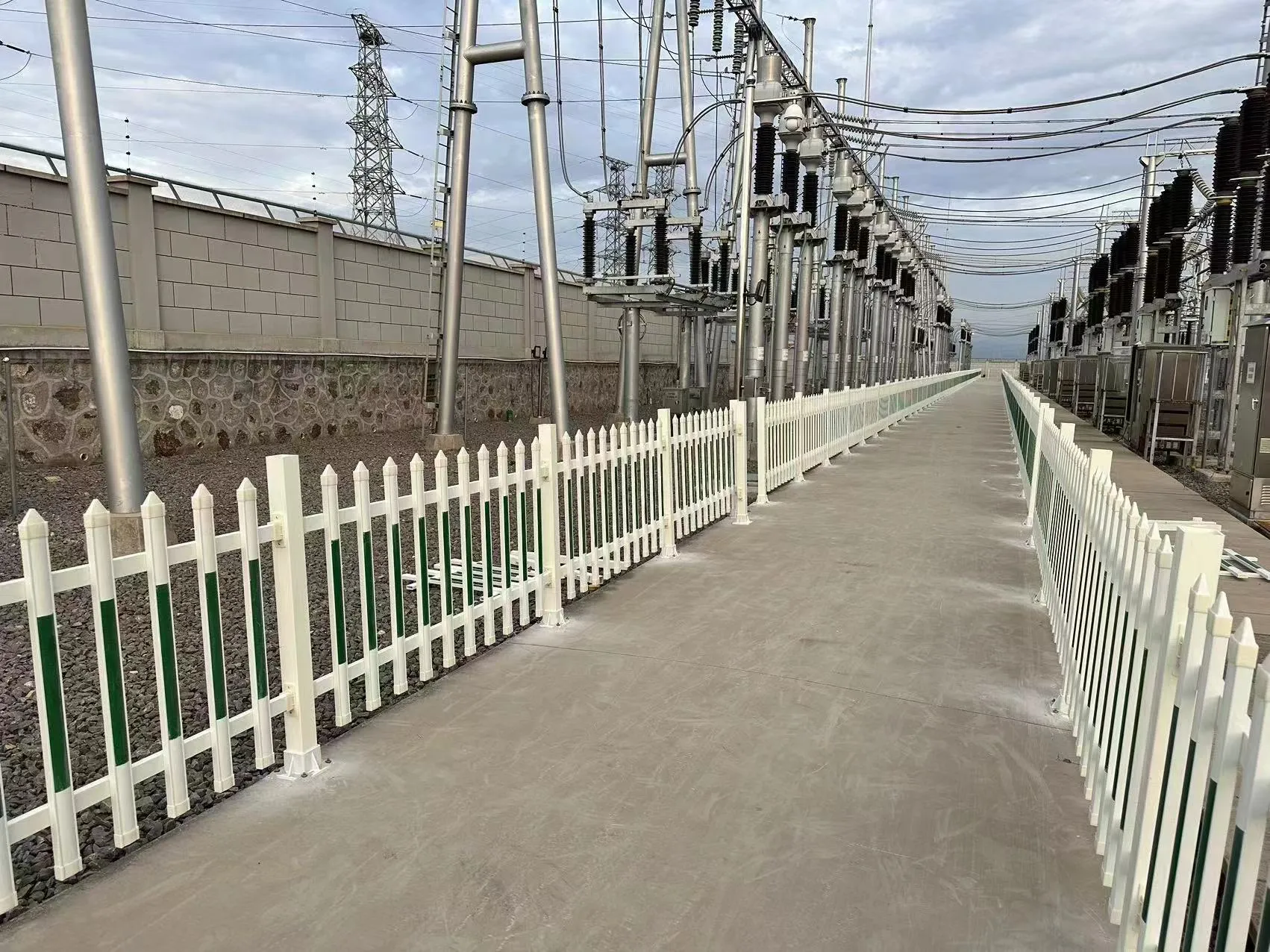loading...
- No. 9, Xingyuan South Street, Dongwaihuan Road, Zaoqiang County, Hengshui, Hebei, China
- admin@zjcomposites.com
- +86 15097380338
- Welcome to visit our website!
Industrial Water Treatment Solutions | Efficient & Sustainable Water Management
Industrial Water Treatment Ensuring Sustainability and Efficiency
Water is a fundamental resource for many industrial processes, serving crucial roles in cooling, cleaning, and as a raw material in various manufacturing activities. However, the use of water in industry inevitably leads to the generation of wastewater, which can pose significant environmental challenges if not properly managed. Consequently, industrial water treatment has become an essential practice that aims to reduce water pollution, conserve resources, and promote sustainability.
The Need for Water Treatment
Industries, including manufacturing, mining, and energy production, utilize vast amounts of water. During these processes, water often becomes contaminated with chemicals, heavy metals, and other pollutants. The discharge of untreated wastewater can lead to severe ecological impacts, affecting ecosystems, wildlife, and human health. Therefore, effective water treatment systems are critical to ensure that water is either reused within the operation or responsibly released back into the environment.
Types of Water Treatment Processes
Industrial water treatment encompasses various processes tailored to meet specific needs and regulatory requirements. Some of the primary treatment methods include
1. Physical Treatment This includes processes like sedimentation and filtration, which remove solid particles from wastewater. Physical methods are often the first step in water treatment and are crucial for reducing turbidity.
2. Chemical Treatment This method involves adding chemicals to wastewater to neutralize toxins or precipitate contaminants. Common practices include coagulation, flocculation, and disinfection, which are vital to eliminating pathogens and harmful substances.
3. Biological Treatment Utilizing microorganisms, biological treatment methods break down organic matter in the water. Technologies such as activated sludge systems and biofilters are commonly used to treat biodegradable materials effectively.
industrial water treatment

4. Membrane Filtration Advanced filtration technologies, such as reverse osmosis and ultrafiltration, are increasingly adopted for their ability to separate contaminants at a molecular level. This method is particularly effective for producing high-quality water for reuse.
5. Advanced Oxidation Processes (AOP) These processes generate highly reactive species that can decompose complex organic pollutants, making them valuable for treating challenging wastewater streams.
The Role of Technology and Innovation
The field of industrial water treatment is continually evolving, driven by advancements in technology and the increasing need for sustainable practices. Innovations such as smart monitoring systems enable real-time tracking of water quality, allowing industries to respond swiftly to contaminants. Additionally, the integration of artificial intelligence and machine learning helps optimize treatment processes, leading to increased efficiency and reduced operational costs.
Companies are also embracing water reuse strategies, which not only minimize waste but also alleviate the demand for freshwater resources. By treating and recycling water within their processes, industries can significantly reduce their environmental footprint and contribute to a circular economy.
Regulatory Compliance and Corporate Responsibility
Governments and environmental agencies are imposing stricter regulations on wastewater discharge, pushing industries to adopt effective treatment solutions. Compliance with these regulations is crucial not only to avoid penalties but also to foster a positive corporate image centered around environmental responsibility. Industries that prioritize sustainable water management demonstrate their commitment to preserving natural resources and protecting public health.
Conclusion
In summary, industrial water treatment is a critical component in the quest for sustainability. Through various treatment methods and innovative technologies, industries can mitigate the environmental impact of their water usage and contribute to the preservation of water as a vital resource. By embracing these practices, companies not only comply with regulations but also play a significant role in fostering a sustainable future for generations to come.
-
GRP Structures: The Future of Lightweight, High-Performance EngineeringNewsJun.20,2025
-
FRP Water Tank: High-Performance Storage for Corrosive and Clean Water SystemsNewsJun.20,2025
-
FRP Square Tube: The New Industry Standard for Chemical and Structural ApplicationsNewsJun.20,2025
-
FRP Pultruded Profiles: The Ultimate Choice for Lightweight Structural StrengthNewsJun.20,2025
-
FRP Handrails: The Safer, Smarter, and Stronger Choice for Modern InfrastructureNewsJun.20,2025
-
FRP Grating: The Smart Solution for Durable, Lightweight Industrial FlooringNewsJun.20,2025
-
Why Choose a Galvanized Water Tank for Your Storage NeedsNewsMay.21,2025
